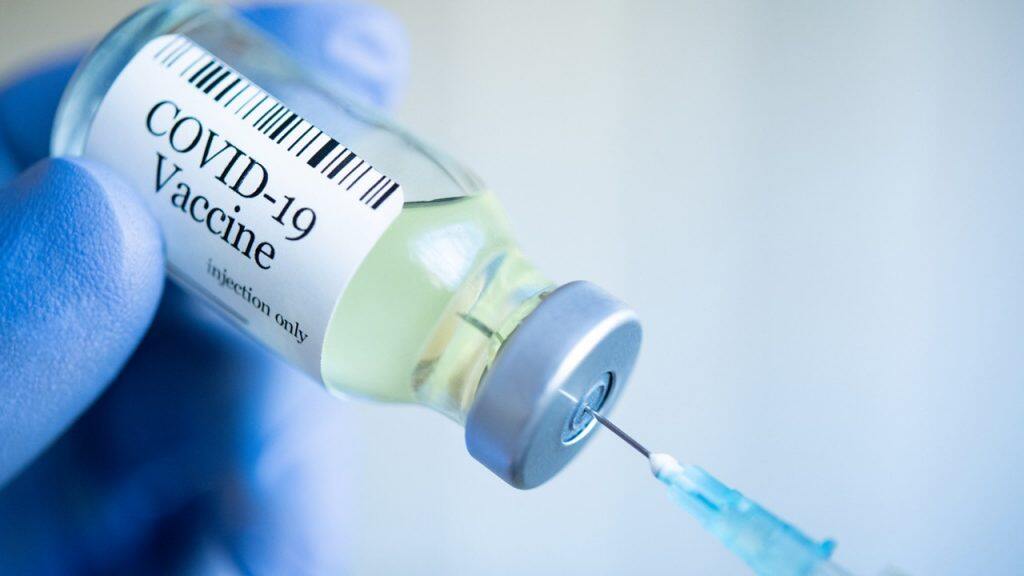Opinion: The ongoing crisis over the Covid-positive person who visited Wellington from Sydney raises questions about the Government’s zero Covid stance, writes Professor Ananish Chaudhuri.


Leaving aside other economic and moral drawbacks of a zero Covid approach, here are some immediate reasons why this goal poses problems going forward.
Most people (and quite possibly those in government) thought that in order to achieve this zero Covid goal, all we needed to do is to keep our borders closed until the vaccines arrived. But, in reality, we need to keep our borders closed till the entire world (or at least a large chunk of it) achieves herd immunity. By most estimates this means that somewhere around 60 to 70 per cent of a country’s population must be immune.
As of now there are around 120 countries in the world that have not managed to vaccinate even 10 per cent of their population. New Zealand features on that list, as does Australia. New Zealand has managed to vaccinate only around 8 per cent as of June 23. Why? Many have blamed government incompetence. But I suspect the reason lies elsewhere.
New Zealand is getting its vaccine through the Covax facility. Under this agreement, countries that are able to pay (self-financing countries) will get enough vaccines to vaccinate 20 per cent of their population to start with. How was the sequence of distribution decided? A plausible answer is that among self-financing countries, those with higher rates of Covid incidence got their quotas first. Countries like New Zealand (or Australia), which have reported low numbers of cases, most likely found themselves at the back of the queue.
According to Our World in Data, New Zealand has received a shade above a million doses. While this does correspond to 20 per cent of the population, it only corresponds to around 500,000 (or 10 per cent) fully vaccinated, since the Pfizer vaccine requires two doses. But even 20 per cent is nowhere near enough for herd immunity.
When do we get the next lot? No one knows because under the guidelines established by Covax, after all the self-financing countries have received their 20 per cent, those unable to pay who need help will get their quota of 20 per cent.
So, it will be a long time before New Zealand manages to get its share of those fully vaccinated high enough to achieve herd immunity. The government website says NZ has “secured enough vaccines” for the entire population. I seriously doubt we actually have 10 million doses sitting in refrigerators around the country. It is likely even the Government has no idea of the time-line for getting all the remaining doses. If they do, they should tell us about it.
In order to open up, we must make sure we only interact with those countries that have also achieved herd immunity. At the very least, this list will include developed nations such as Australia, the US, Canada, UK, all of Western Europe, Scandinavia and some Asian countries like Singapore and South Korea. When will these countries reach herd immunity?
While we seem to have written off large parts of the developing world including people in the Cook Islands, what about China, one of our large trading partners? China will most likely achieve a high rate of vaccination on the basis of its indigenous vaccine, Sinovac. The current vaccines are not fully effective since we know even vaccinated people have caught the virus. But let us concede the vaccines, even if not fully effective, still slow the spread of infection.
Even the Chinese Government is clear that Sinovac has just about 50 per cent efficacy. Is this high enough? There are reports of large number of people catching Covid even after being vaccinated with Sinovac. As of now there are 40 countries around the world including Brazil and Argentina that are relying on Sinovac. How about the Russian-made Sputnik V or the Indian-made Covaxin?
Back in 2020, the first nine days of our April lockdown were found to be unlawful. In response, the Government rushed to pass a new Public Health Response law under urgency. More recently a court ruled the Government did not have the power to roll out a universal vaccine programme under the Medicines Act. This again required another rushed change to the law.
It all seems completely ad hoc. Is there a plan for opening the border? Is it really possible to keep it shut till the entire world has reached herd immunity? How long will that take? These questions require answers since the current policies are proving ruinous for many.







































